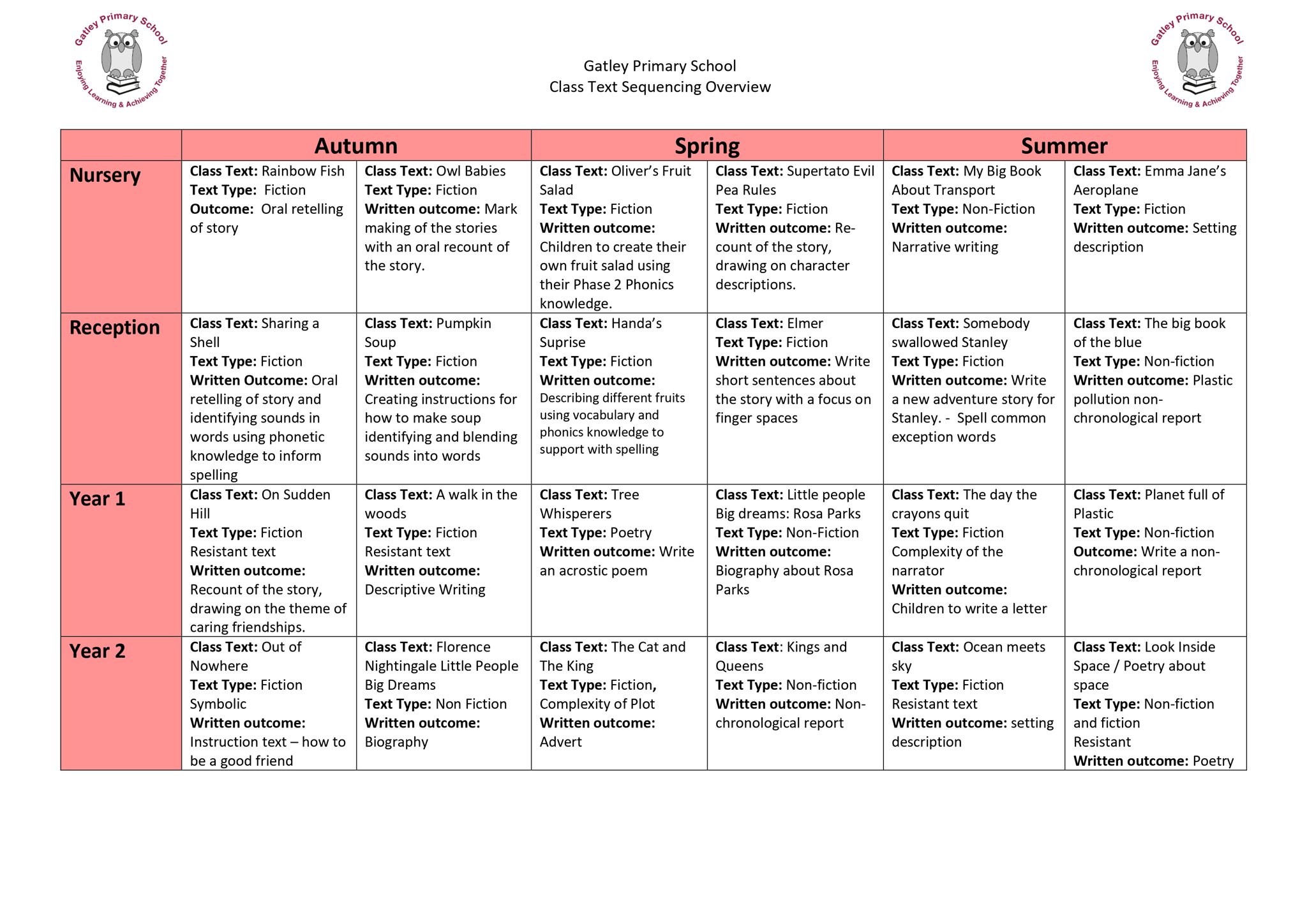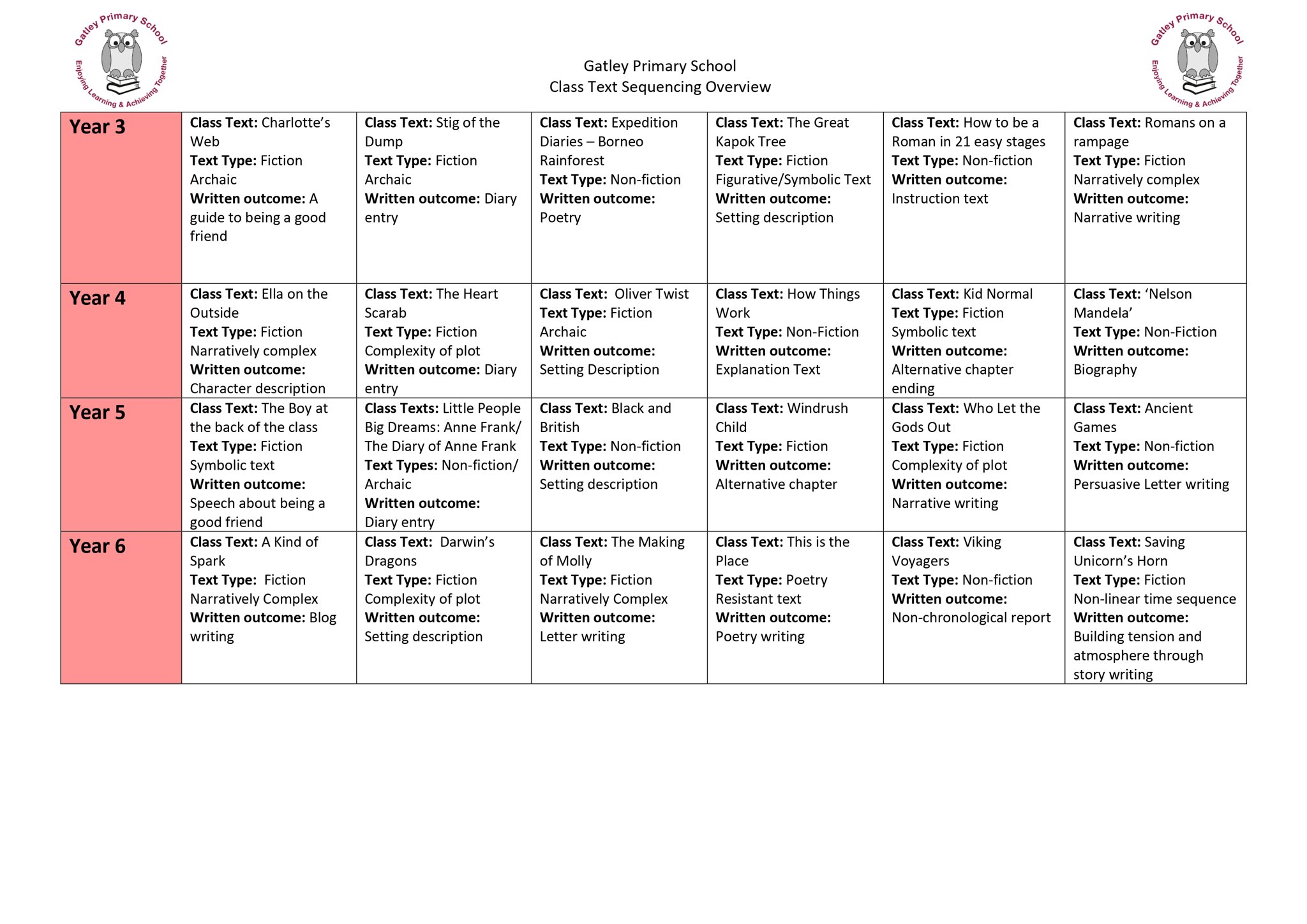

At Gatley Primary follow the FFT success for all program for the teaching of phonics. We are proud ambassadors of this scheme and work as a partner school with FFT Success for All Phonics. This programme is carefully planned to introduce children to new grapheme-phoneme correspondence and to support your child to become a fluent and independent reader. Each week children explore a phonetically decodable FFT text in school which they will then be able to access online through a link shared weekly on Class Dojo post. We encourage children to read these texts at home to consolidate their phonics knowledge further. Children are also provided with ‘book banded’ books which are closely matched to their phonetic knowledge and are to be read and enjoyed together. We encourage the children to re-read their books over the course of the week to build fluency.

FFT Partner School
As a school we are a strong advocates for the FFT phonics programmes. We have a strong commitment to training all staff as teachers of phonics as well as supporting our families with their understanding of phonics by holding workshops and sharing resources. We are thrilled to be a Success for All Partner School, a testament to our commitment to academic excellence and pupil success. Through this partnership, we have implemented effective strategies to improve early reading skills, ensuring that every child has a strong foundation for future achievements on our journey towards creating a community of lifelong learners!

How are Phonics and Reading taught?
Our curriculum promotes a love of reading through experiential opportunities and learning. A wide range of teaching resources and texts are available to engage readers. In our independent learning environment, pupils continually use their reading skills to research and apply knowledge into their writing.
In Early Years and Key Stage 1 phonic skills are developed through highly focused, daily sessions through the FFT Success For All Programme. The school offers opportunities for parents to attend phonics workshops in order to further increase understanding of the strategies used in school.
Reading books for children completing phonics are accessible in school and online at home: these are closely linked to their phonetic awareness. Once children have graduated from the phonics scheme, the children have access to a wide range of books including fiction, non-fiction and poetry from our reading reference areas. The system supports the independent choice, by pupils, of reading books. All pupils are expected to have a current reading book in school and are supported in choosing a text appropriate to their reading level. In addition, we encourage all children to borrow books from our reading reference areas to further their reading at home. The school recognises and values the significant role of parents in further developing reading skills.
Gatley Primary School pupils are actively involved in promoting the love of reading across our school. In collaboration with staff, the children help cultivate and organise our reading reference areas.
For support with phonics at home and for more information about the FFT Success For All Phonics Scheme, please use the following link where access to the Parent Portal can also be found: https://parents.fft.org.uk/
To support your child at home with phonics, please see the video for helpful ways to access the FFT phonics resources at home:
Our reading strategy which has been written collaboratively by our English team outlines our vision and expectation for the teaching and promotion of reading across the school:
At Gatley Primary School, English is taught cyclically, developing a clear sequence of learning. High quality texts (fiction, non-fiction and poetry) are selected are shared with our pupils, and used as the stimulus during 'reading weeks'. Next, 'grammar weeks' are planned for, where children develop their grammatical knowledge and then apply this knowledge to the context of the text that has been shared. Finally, 'writing weeks' provide the opportunity for our pupils to produce extended written outcomes, which are inspired by and/or born out of the high quality texts that have been shared. Writing happens across the curriculum, with both fiction and non-fiction and poetry pieces planned for.
The following grid gives an overview of some of the key written outcomes our children will produce this year, demonstrating the text that will be used as inspiration and the written outcomes to be produced. To ensure a wide range of text types are covered, texts are chosen from the 5 'text types' that have been identified as important for children to have experienced across their primary journey. Many of the books within our 'top 100 reads' for each KS2 year group fit within these text types, ensuring our children are exposed to different types of books and texts both within English lessons, across the curriculum and when reading for pleasure.
These text types are as follows:
- Archaic language
- Non-linear time sequences
- Narratively complex
- Complexity of plot
- Resistant texts
Parent Reading Workshop


For more information about each of these text types, and recommended reads for each year group, please see the attached PDF.

